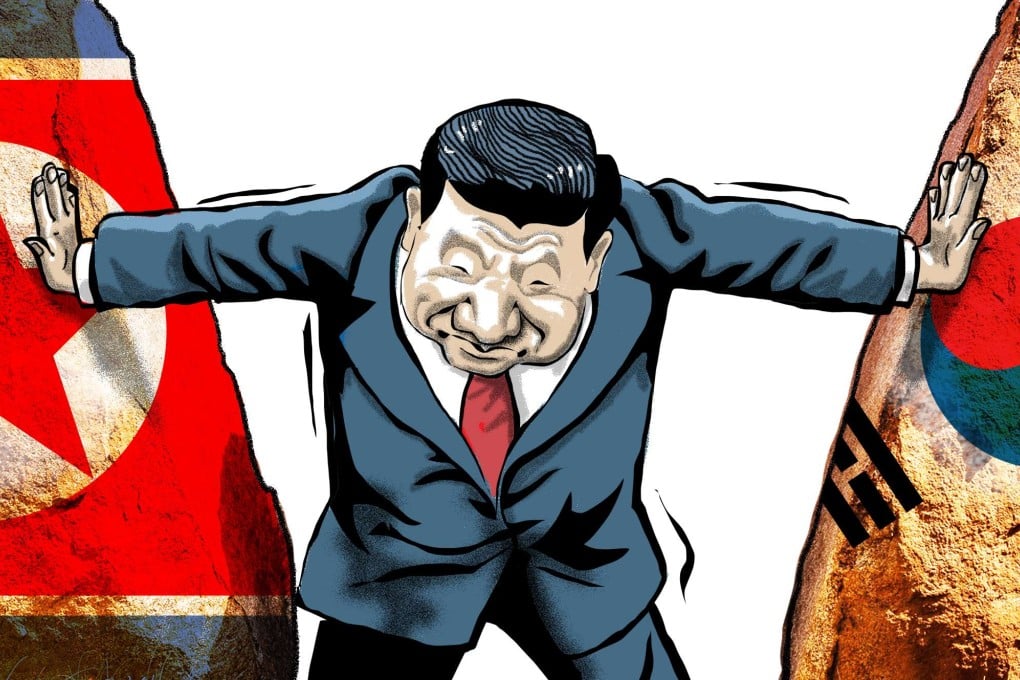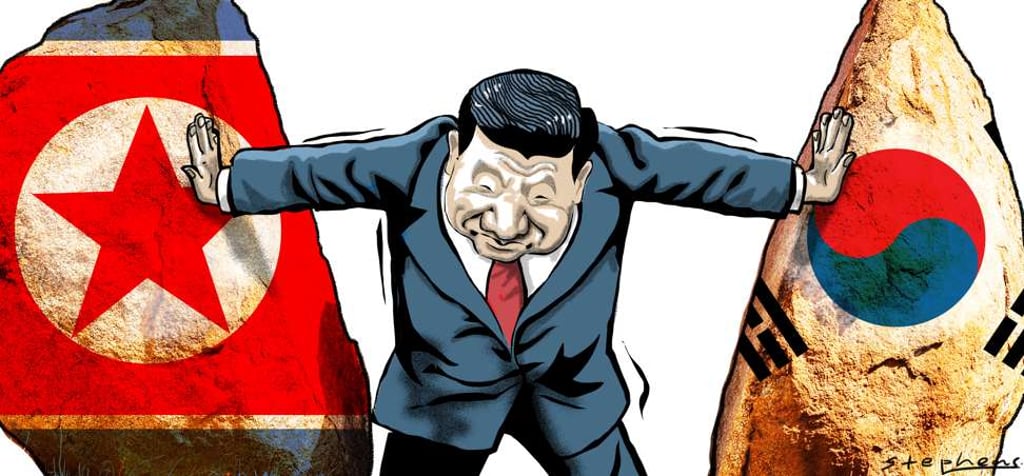China must take a hard line on both North and South Korea
Deng Yuwen says Beijing’s current strategy on the Korean peninsula is plainly not working. It must lose no time in coming down hard on Seoul over the THAAD anti-missile defence system and continue to pressure Pyongyang over its nuclear tests

Such boycotts should come from people’s decisions, and not be stirred up by governments. In fact, history shows that such agitation for patriotism and nationalism often backfires.
If the government believes Lotte’s decision has harmed China’s national security and interests, it absolutely has a responsibility to retaliate with sanctions on the Lotte Group – but not by encouraging a consumer boycott. So far, however, Beijing has made no announcement that it would officially sanction Lotte or South Korean companies.
Chinese companies join boycott of South Korean retailer Lotte over missile shield plans

